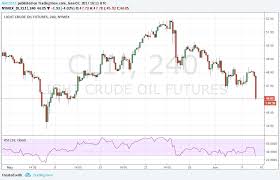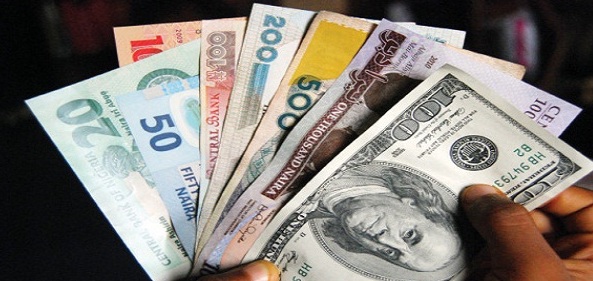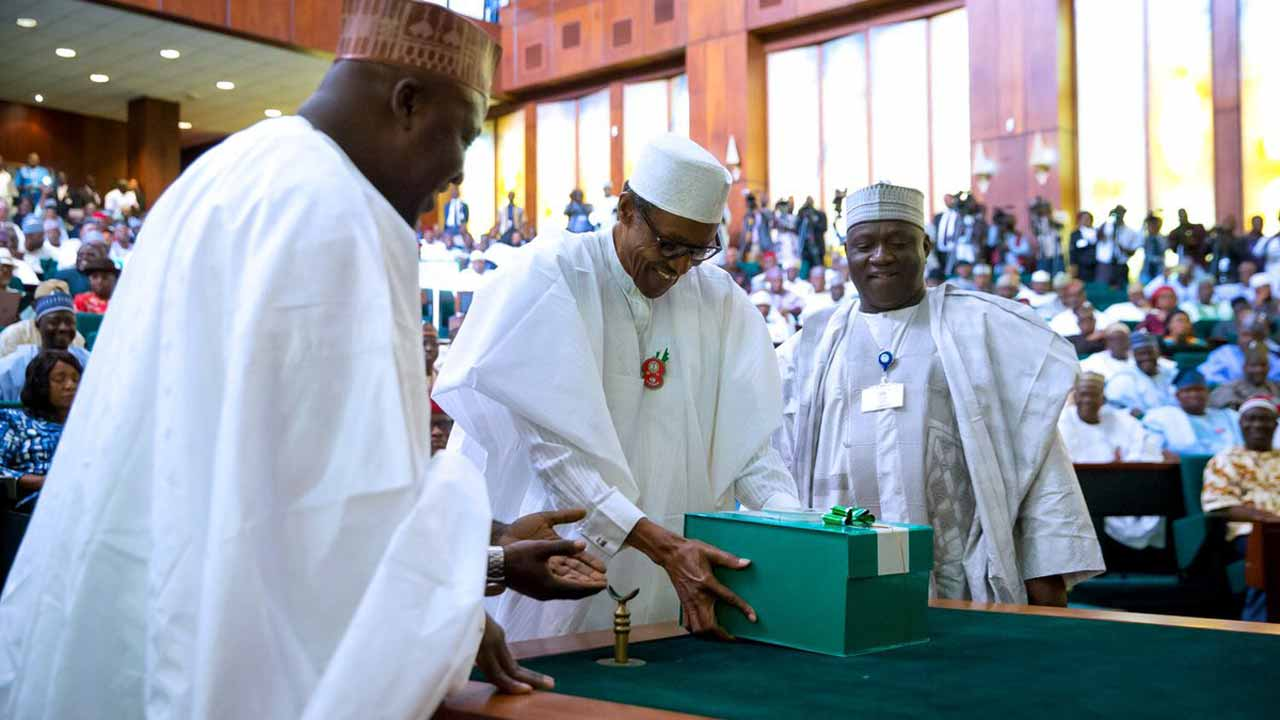OPEC: Output growth up to 32.61 million bpd; Iraq on the offensive

July 12 saw the release of OPEC’s latest monthly report. In June, members of the Organisation of Petroleum Exporting Countries, OPEC, increased their cumulative crude oil production by 393,500 barrels per day compared to the month of May, to a total of 32.61 million bpd.
The biggest gainers were Libya, Nigeria, Angola, Iraq and Saudi Arabia, while Venezuela recorded the biggest decline in production among the cartel’s members.
Libya’s output increased by 127,000 bpd to 852,000 bpd, according to secondary sources. This figure, however, contradicts the latest claims that Libya’s crude output has climbed above 1 million barrels per day, which has become the latest concern for OPEC in its struggle to bring balance to the global oil market. The organization is now considering putting a cap on Libya’s production, as the country is currently exempt from this requirement.
The same secondary sources indicate that Nigeria and Saudi Arabia grew their output by 96,000 and 51,300 barrels per day to 1.733 million and 9.95 million barrels per day, respectively. However, Saudi Arabia has claimed to have ramped up its oil production by a staggering 190,000 bpd in June, putting the country back above the 10-million-bpd mark at 10.07 million barrels per day, based on direct communication with the cartel’s de facto leader.
As if there wasn’t enough for OPEC to worry about, Iraq has increased its production by 60,600 barrels per day to 4.5 million bpd. When put into a percentage perspective, Iraq has only fulfilled 28 percent of its commitment to OPEC.
Iraq’s neighbor Iran, which under the agreement can increase its output to 4 million barrels per day, also added to its production volume, albeit by a modest 16,700, to 3.79 million bpd.
Following the introduction of the agreement to reduce crude oil output between OPEC members and global oil producers outside of the cartel, including Russia, Mexico, and Columbia among others, in December last year, the parties have extended the deal for another nine months until March 2018. As in the initial agreement, Libya and Nigeria were exempted from the requirement to reduce their output, but the lack of improvements in the global oil market’s environment has OPEC rethinking their policy.
Abiodun Oyindamola, with Agency report








